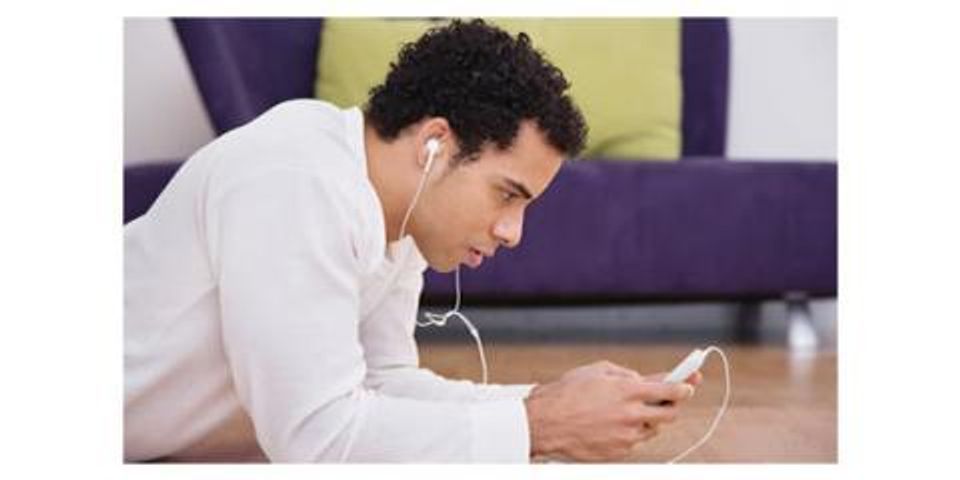Learn About The Risks of Headphones From Top Audiologists at Audiology Unlimited

In this day and age, it’s impossible to go anywhere without seeing at least one person with headphones in their ears. Whether talking on the phone, listening to music, or trying to concentrate at work, people use headphones throughout the day for a variety of purposes. However, excessive use of headphones can lead to hearing loss in both children and adults, so it’s important to limit your use and keep both an eye and ear on the volume. For more than 30 years, Audiology Unlimited has been providing hearing protection solutions to individuals throughout Maryland. If you or your child is suffering from hearing loss due to headphone use, Dr. Kathy Mellott, Au.D. and her dedicated staff will provide services that resonate with your needs.
One of the benefits of using headphones is the ability to tune out the world around you. However, it’s important that you still be able to hear what’s going on around you, as the inability to do so means that the decibel level is too high. Any MP3 device should be used up to 60% of maximum volume for a total of 60 minutes each day.
Hearing loss caused by headphones is gradual and doesn’t contain any distinct warning signs, making hearing tests and medical exams highly necessary. While headphone-induced hearing loss may not have obvious signs, there are certainly symptoms that go along with it, such as constant ringing, muffled sounds, a feeling of your ear being plugged, difficulty understanding speech in noisy places, and listening to TV and music at a higher volume. Any of these symptoms is an indication that you should see an audiologist as soon as possible.
There is no cure for noise induced hearing loss, but you can take steps to prevent it. The most important thing to keep in mind is moderation. Use your headphones sparingly and keep the volume at a reasonable decibel level. Another way to protect yourself is by using headphones that you place over the ear, instead of those that go directly in your ear. If you’re exhibiting symptoms of hearing loss, it’s paramount that you take a hearing test. Visit Audiology Unlimited online for more information on hearing protection and hearing loss.
About the Business
Have a question? Ask the experts!
Send your question

